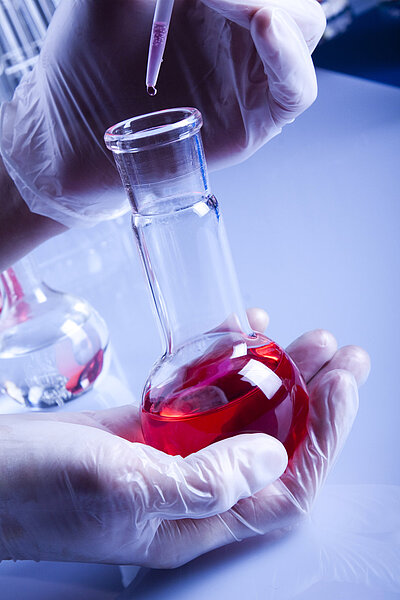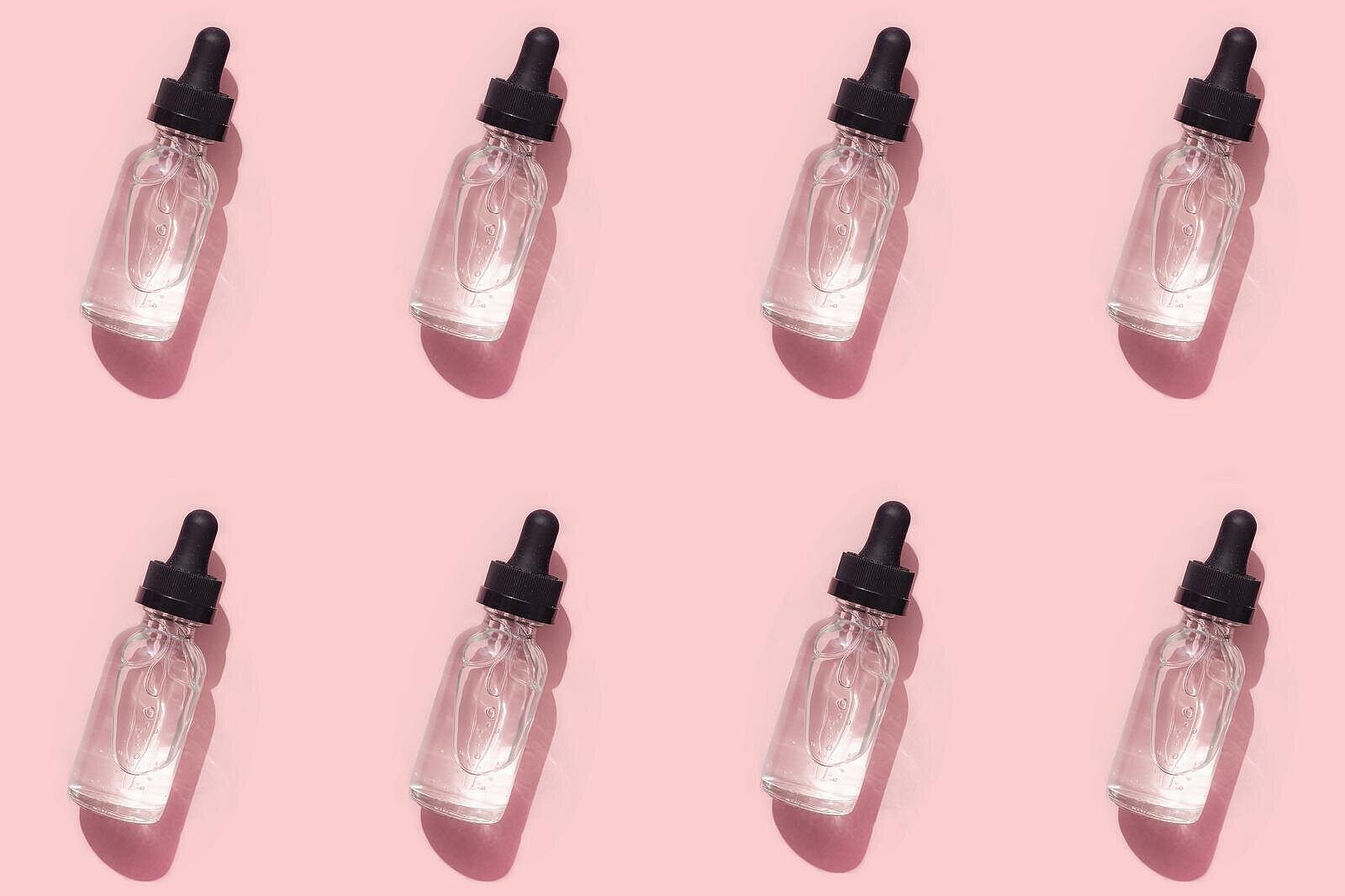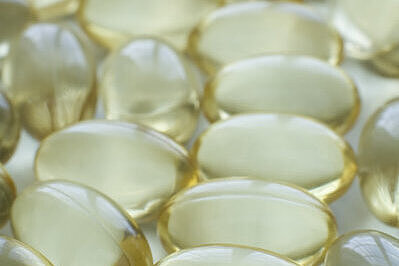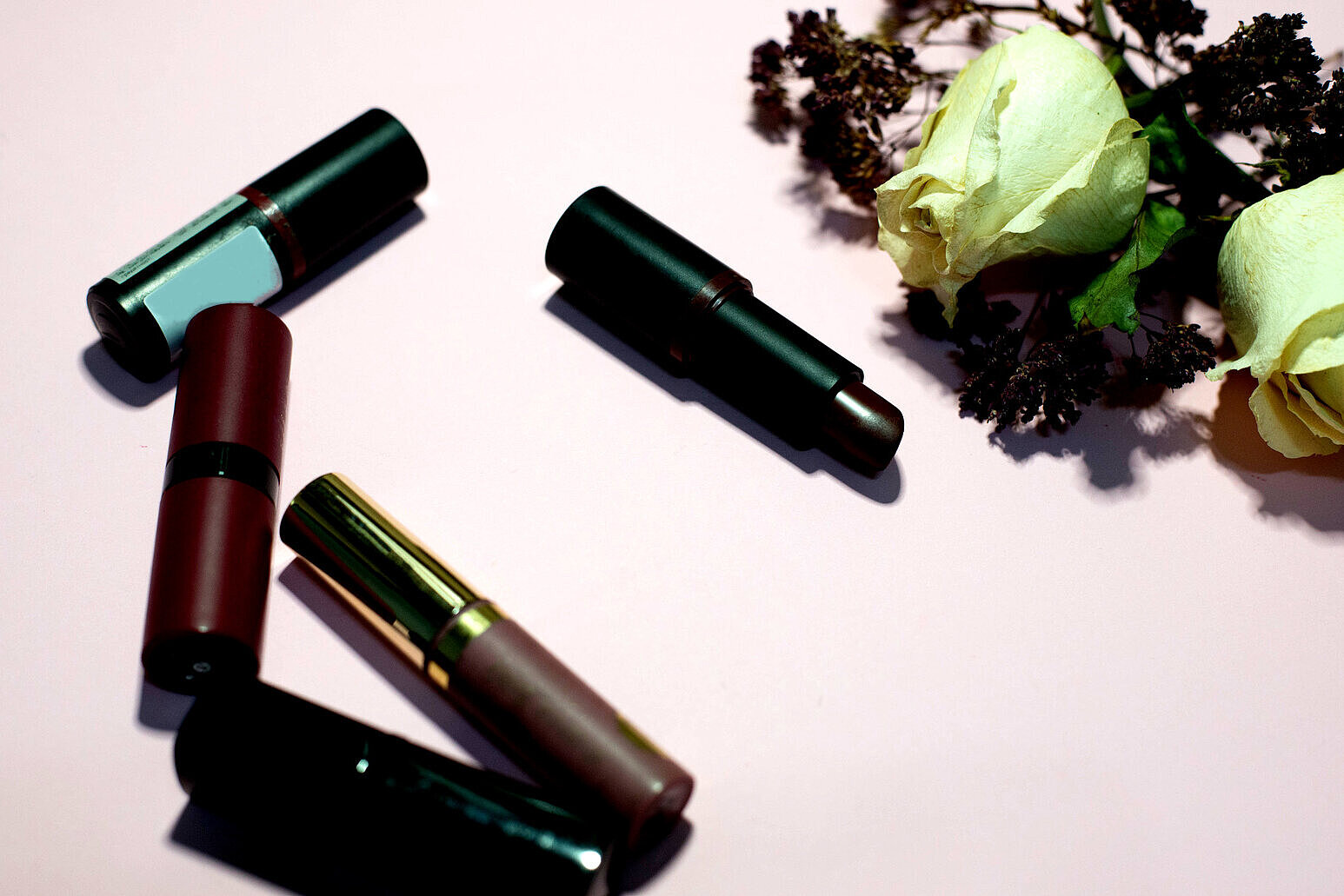Sodium PCA

Sodium PCA is an abbreviation for the sodium salt of pyrrolidone carboxylic acid, an organic compound derived from the amino acid glutamic acid. This substance occurs naturally in the skin of humans and animals and belongs to the so-called Natural Moisturizing Factor (NMF), a group of moisture-binding molecules that keep the skin supple and elastic.
The moisturizing effect of sodium PCA
Sodium PCA has the ability to absorb water from the surrounding air and bind it in the horny layer of the skin. This increases the moisture content of the epidermis and reduces transepidermal water loss. This means that the skin dries out less and is less prone to cracking, flaking or itching.
Sodium PCA is particularly suitable for dry, sensitive or irritated skin, as it not only moisturizes, but also strengthens the skin barrier and inhibits inflammation. It also has an antioxidant effect that protects the skin from free radicals that can be caused by UV radiation or environmental pollution.
The use of sodium PCA in dog care
Sodium PCA is a common ingredient in many cosmetic products for humans, such as face creams, serums, shampoos or shower gels. But it can also be beneficial for dogs to use sodium PCA in their grooming routine.
However, as dogs have a different skin structure and pH than humans, they should use specific products for dogs that are tailored to their needs. Sodium PCA can be applied in various forms, for example as a:
- Spray: a moisturizing spray containing sodium PCA can be sprayed on the dog's coat or skin to refresh and hydrate it. This is especially handy for on the go or after a walk.
- Shampoo: A mild shampoo with sodium PCA can help to clean and condition the dog's coat without drying or irritating it. This is particularly recommended for dogs with dry or sensitive skin.
- Balm: A nourishing balm with sodium PCA can be applied to the dog's skin or coat after bathing or as needed to nourish and protect it. This is particularly suitable for dogs with chapped or flaky skin.
The possible disadvantages of sodium PCA
Sodium PCA is generally a safe and well-tolerated active ingredient for dogs, causing no side effects or allergic reactions. However, care should be taken to ensure that the product does not contain any other ingredients that could be harmful to dogs, such as parabens, alcohol or fragrances.
Care should also be taken to ensure that the dog does not lick or swallow the product, as this could lead to gastrointestinal problems. Therefore, you should only apply the product to the outer areas of the dog and prevent it from licking it off.
Sodium PCA is a natural moisturizer for dog skin that offers many benefits. It helps to hydrate, protect and soothe the skin without irritating or drying it out. It can be found in various products for dogs, such as sprays, shampoos or balms that are specially formulated for their skin needs. Sodium PCA is a safe and well-tolerated active ingredient, but it should not come into contact with the dog's mouth.
If you notice any signs of hypersensitivity or poisoning in your dog, you should see your vet immediately. We are not a substitute for a vet, but we try to be as accurate as possible. Every dog reacts differently and we recommend you get a second opinion or consult your vet if in doubt.
Stay healthy and take good care of your four-legged friend!😊
Similar to Sodium PCA
Hyaluron has various positive effects for your dog. Firstly, it supports skin health and can help with dry, flaky or inflamed skin. Hyaluron moisturizes and promotes wound healing. It can also make...
Glycerine is a colorless, sweet-tasting, viscous liquid obtained from vegetable or animal fats. It is also called glycerine or glycerol and belongs to the alcohols. Glycerine is used in a variety of...
Sorbitol is a type of sugar alcohol that is chemically similar to glucose but contains an extra hydrogen atom. Sorbitol is about 60% as sweet as sugar and has more than half the calories of normal...
Propylene glycol (1,2-propylene glycol) is an organic compound that is obtained from crude oil. It belongs to the alcohols and has the chemical formula C3H8O2. It is completely soluble in water and...



